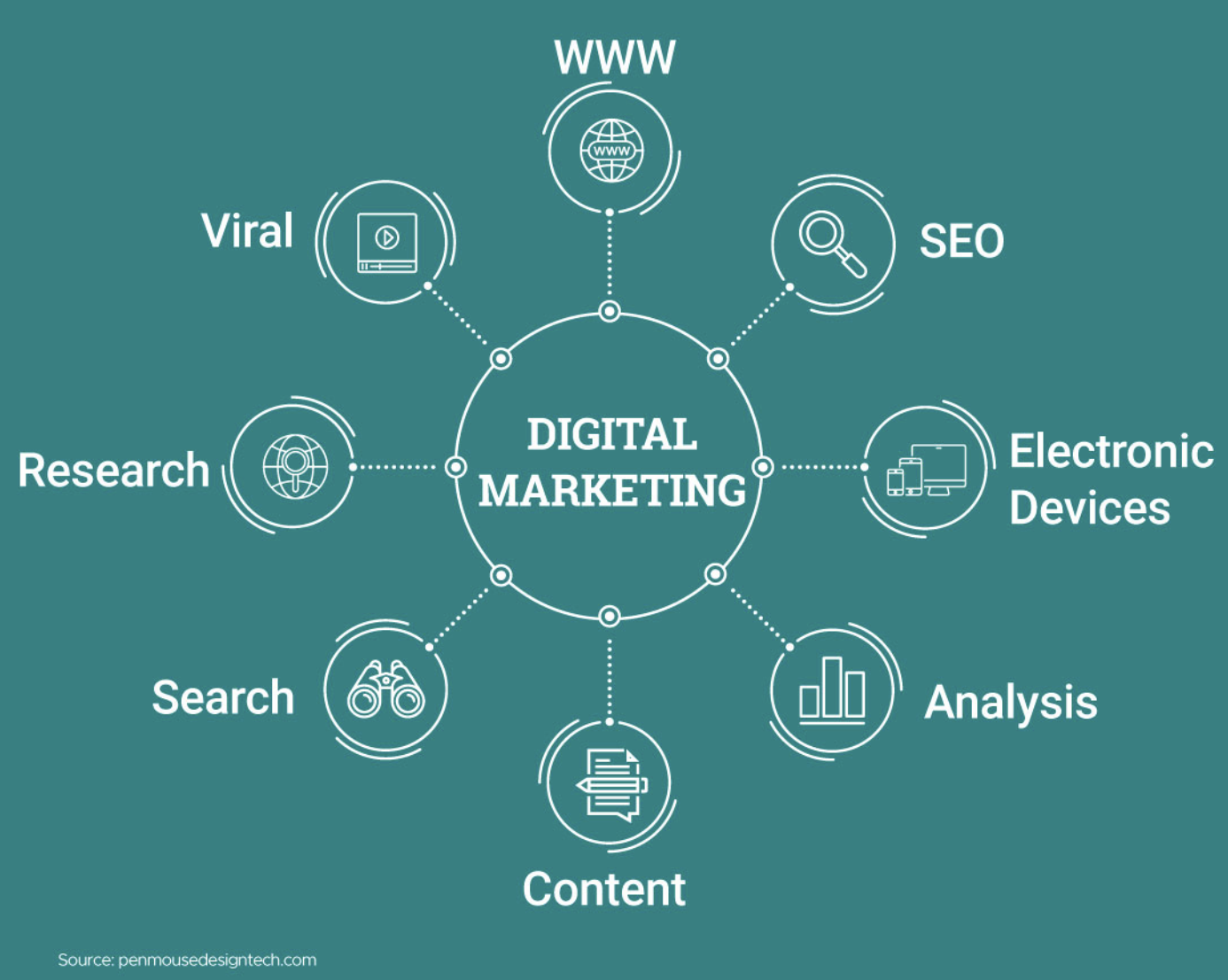Comprehending the Effect of Influencer Advertising on Customer Habits
In today's electronic landscape, influencer marketing has actually emerged as an awesome force in forming consumer actions, yet its elaborate results on getting decisions stay a subject of keen interest. By leveraging authenticity and relatability, influencers often prosper where traditional marketing drops short, promoting trust fund and driving interaction.
The Surge of Influencer Advertising And Marketing
Influencer marketing has quickly come to be a pivotal approach in the electronic advertising and marketing landscape, fundamentally changing just how brand names involve with their audiences. This standard change stems from the growing customer count on personal referrals over typical advertising techniques. Social network platforms have actually cultivated a new type of electronic celebs-- people that have the power to guide acquiring decisions within their specific niche areas. Brands are increasingly leveraging these influencers to amplify their reach and foster authentic links with possible consumers.
The climb of influencer marketing can be connected to the symbiotic partnership between influencers and their fans. Additionally, the substantial reach and interaction rates that influencers command supply brands with a chance to access varied demographics effectively.
Moreover, technological improvements have boosted this trend, allowing more exact targeting and analytics. Brands can currently identify and work together with influencers whose audiences line up with their target audience, optimizing their advertising approaches. Thus, influencer advertising remains to progress, reshaping the consumer-brand dynamic in a digital age.
Mental Drivers of Influence
At the core of influencer advertising and marketing's effectiveness exist a number of emotional drivers that profoundly effect customer actions. One key chauffeur is social evidence, where people look to others' actions to guide their own actions. Influencers, with their large followings, develop a perception of popularity and acceptance, persuading consumers to align with the promoted options. This is especially powerful in electronic areas, where social recognition takes place via sort, shares, and remarks.
An additional critical emotional chauffeur is the concept of relatability. Influencers usually share individual tales and experiences, promoting an emotional connection with their target market. By showing up relatable, they decrease the perceived range in between themselves and customers, producing a sense of sociability and influencing decisions via shared experiences and values.
Scarcity also plays an important duty, as influencers often highlight limited-time offers or exclusive items, taking advantage of consumers' worry of losing out (FOMO) This seriousness motivates quicker buying decisions, taking advantage of the human propensity to value rare possibilities much more highly.
In addition, influencers leverage the authority principle. Their know-how or condition in a certain field confers reputation, triggering customers to trust their suggestions and follow their lead. With each other, these mental vehicle drivers underpin the convincing power of influencer advertising and marketing.
Depend On and Credibility in Branding
When it pertains to building a successful brand, trust fund and authenticity stand as essential elements that substantially influence consumer behavior. In today's electronic landscape, where consumers are swamped with details and selections, these qualities work as differentiators that aid brands stand apart. Trust fund is fundamental, as it develops a dependable connection in between the brand and the consumer, cultivating commitment and repeat engagements. It is earned with constant top quality, openness, and honest methods, which jointly ensure customers of the brand name's integrity.
In the world of influencer advertising, credibility is specifically vital, as consumers are adept at critical genuine recommendations from paid promotions. Influencers that authentically embody the brand name's values can effectively you could look here share this authenticity, therefore improving consumer trust fund.
Together, trust fund and authenticity in branding not just influence acquiring decisions but additionally improve brand name equity, promoting a long-lasting and positive connection with consumers.
The Function of Social Evidence

Social proof materializes in numerous kinds, such as user evaluations, testimonials, and the visible popularity of an influencer (Marketing). When an influencer supports an item or service, their followers commonly analyze this endorsement as a validation of high quality and dependability. This effect is enhanced when several influencers communicate comparable messages, developing a bandwagon effect that further convinces consumers to align their acquiring choices with sites those of their social circle

Methods for Reliable Involvement
A vital technique is picking influencers whose audience aligns very closely with the brand's target market. Additionally, crafting tailored material that reflects both the influencer's voice and the brand name's message is essential.
An additional important strategy is establishing long-lasting partnerships instead of one-off partnerships. Sustained communications in between brand names and influencers can cultivate much deeper relationships with audiences, causing higher involvement and loyalty. Brand names should likewise utilize diverse material layouts-- such why not find out more as stories, reels, and live sessions-- to make the most of reach throughout various platforms and target market choices.
Furthermore, involving influencers in the creative process can cause innovative campaign ideas that astound target markets. Encouraging influencers to share their authentic experiences with items can better deepen interaction, as target markets value openness and relatability. Finally, evaluating and keeping an eye on involvement metrics allows brands to refine their methods consistently, making certain that influencer partnerships yield optimal results. By carrying out these methods, brand names can successfully harness influencer advertising and marketing to affect consumer habits.
Conclusion
Influencer advertising and marketing considerably influences consumer habits by leveraging psychological chauffeurs such as social evidence and relatability. As consumers significantly prioritize brands that reverberate with their values, influencer advertising's performance continues to grow, improving brand-audience engagement.
The ascent of influencer advertising can be connected to the symbiotic connection in between influencers and their fans. Influencers that authentically symbolize the brand's ethos can successfully communicate this authenticity, consequently boosting customer trust.
By applying these strategies, brand names can efficiently harness influencer advertising and marketing to influence consumer habits.
Influencer advertising and marketing significantly affects consumer habits by leveraging emotional vehicle drivers such as social proof and relatability. As consumers increasingly prioritize brands that resonate with their values, influencer advertising's efficiency continues to grow, reshaping brand-audience interaction.